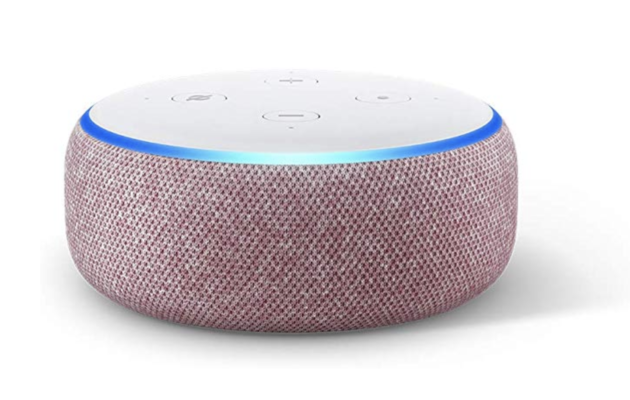What is Voice over Internet Protocol (VoIP)?

Voice over Internet Protocol (VoIP) is a technology used to transmit voice and multimedia communications over the internet. Instead of using traditional phone lines, VoIP allows communication through the use of Internet Protocol (IP) networks to transmit voice data.
VoIP technology converts the voice into digital signals that are then transmitted over the internet. This process involves breaking the voice signals into data packets that are transmitted over the internet and reassembled at the other end. This ensures that the voice signals transmitted are high-quality, cost-effectively, and reliable.
VoIP technology has become widely adopted in recent years due to its low cost of implementation and easy setup process. Individuals and businesses can easily install VoIP services using an internet connection and a compatible VoIP system. VoIP technology is also highly customizable, and users can choose from a wide range of features such as voicemail, call forwarding, and more.
One of the main benefits of VoIP technology is that it allows for more efficient communication. Unlike traditional phone services, VoIP allows for multiple connections to be established on the same network. This means that individuals can communicate with multiple parties at once, and teams can hold virtual meetings seamlessly.
VoIP technology also offers cost savings as it reduces the need for traditional phone lines, increasing cost-effectiveness. Businesses can also save money on long-distance calls since VoIP uses the internet, and distance between the parties doesn’t affect the cost of communication.
Although VoIP technology offers various benefits, there are still some challenges associated with its implementation. For example, the quality of the voice signals transmitted may be affected by the quality of the internet connection. Some users may also find that they experience connectivity issues during peak usage hours, leading to dropped calls or delays.






